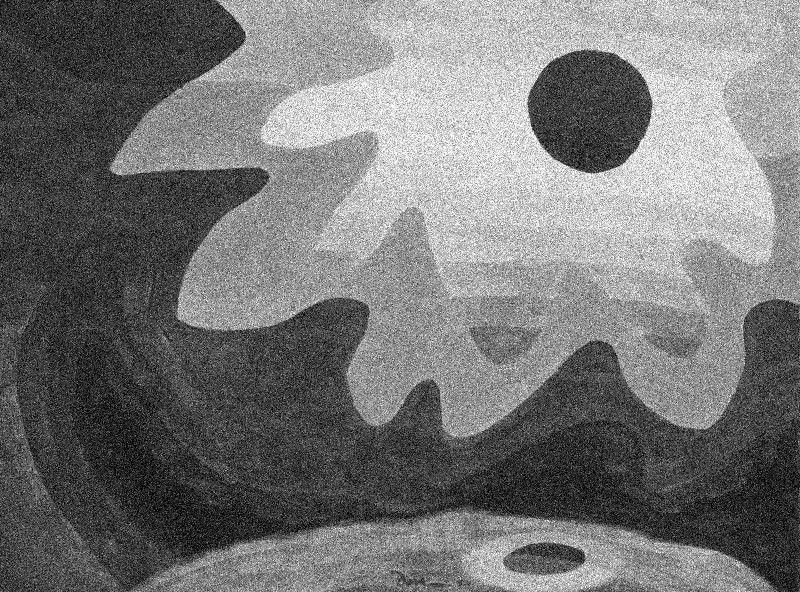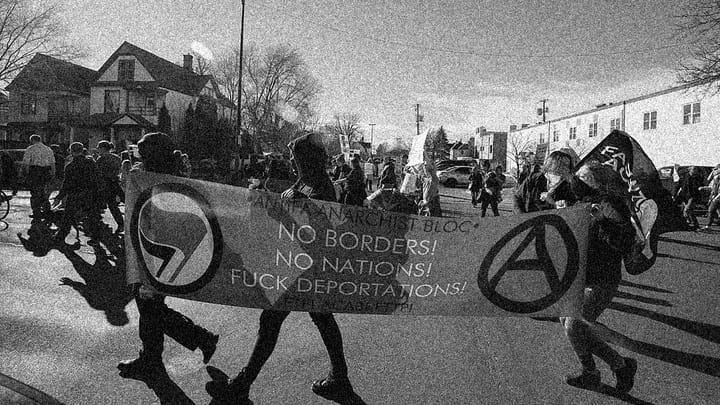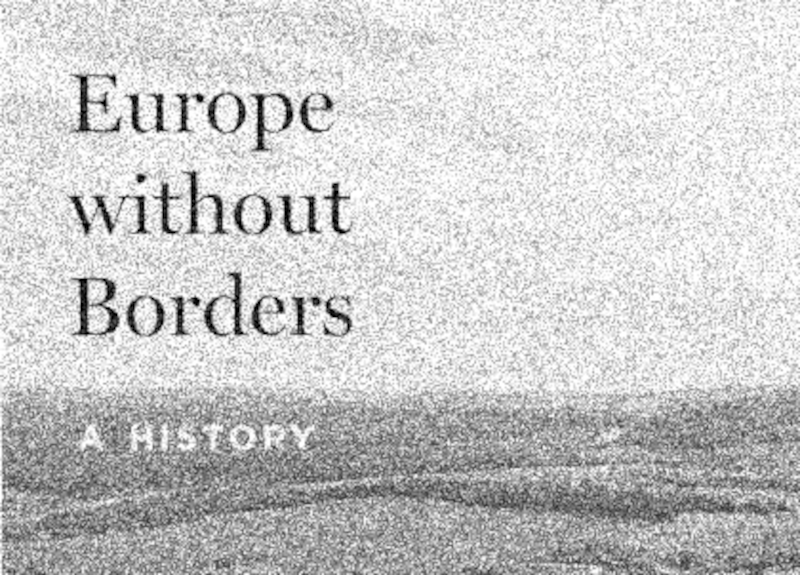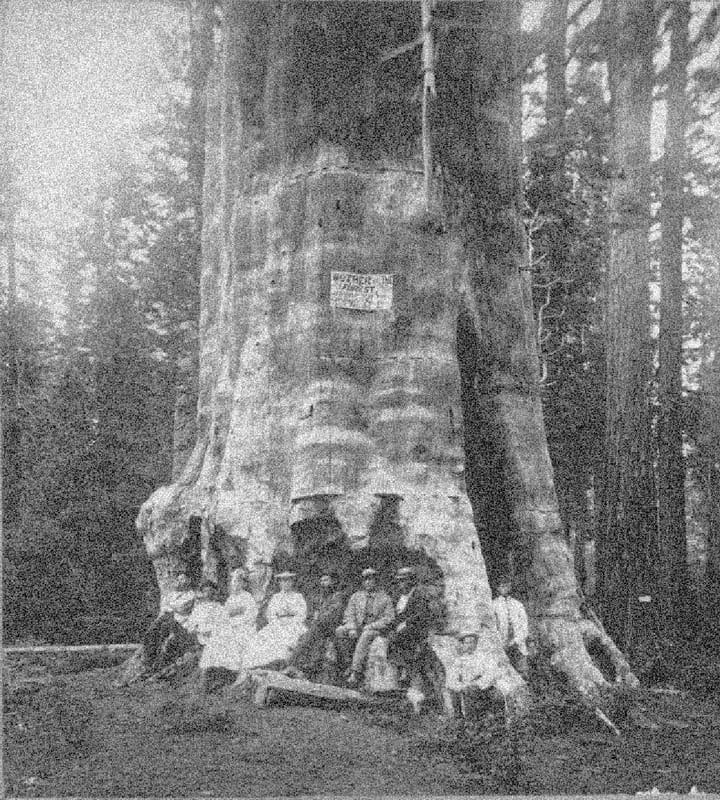Phoenix is the Future
If you want to know where the United States is heading, don’t visit the model blue and red locales. A sprawling Sun Belt metropolis that’s all growth and no value is where you want to be.

For a society obsessed with the future—with sci-fi and five-year plans and squeezing every last cent out of us with predictive algorithms—it’s remarkable that the existence of a real life portal to the future has received so little commentary. That’s right, it exists, and it’s called Phoenix, Arizona.
If you want to know where the United States is heading, don’t visit the model blue and red locales: the liberal urban center and the dying Rust Belt town will not give you a taste of what’s to come. A sprawling Sun Belt metropolis that’s all growth and no value is where you want to be.
This is not fancy speculation: for some time now, Phoenix has been ten to fifteen years ahead of the rest of America. Regressive immigration and incarceration policy? Phoenix was well ahead of the curve. After serving as Executive Director of the Federation for American Immigration Reform (FAIR), which wrote Arizona’s SB 1070 (the “show me your papers” law), Julie Kirchner went on to serve as Citizenship and Immigration Services Ombudsman under Trump. There’s a pretty direct link from Arizona to the Trump White House (“kids in cages” is probably trademarked by our former sheriff, Joe Arpaio).
School choice and the undermining of public education? Phoenix has been a virtual laboratory for the rest of the country. Arizona has the highest percentage of public school students enrolled in charter schools, and even after the historic teachers’ strike in 2018, the state is still near the bottom of the barrel in both per pupil spending and teacher salaries. Betsy DeVos has regularly praised Arizona as a model of school choice, especially for its Empowerment Account Scholarship (ESA) program—tax credits to send kids to private school. As with Kirchner, DeVos embodies the Arizonafication of the country.
Like many western cities, Phoenix has never had a robust public transportation system, though the recently completed light rail has admittedly mitigated the feeling that the city is simply 500 square miles of suburbs. But the size and reach of the freeway system is truly breathtaking to behold: aliens would assume that the human beings in Phoenix are there to ritualistically serve the freeways, around which they are humbly apportioned and to which they make sacrifices in blood. Phoenix consistently ranks at the top of the list of driving deaths per year, with fatal traffic accidents increasing even during the pandemic. Republicans have long tried to relax the traditional 80/20 funding split between highways and mass transit of the Highway Trust Fund—in favor of more highways. And even after caving on the most recent draft of the bipartisan infrastructure bill, they’re still trying to gut public transit to free up billions for new highways. Highways for All!
And then there’s the heat. The relentless heat that’s as palpable as a brick wall when you step outside. You just don’t know until you’ve experienced it, and even after you’ve experienced it, you still don’t know. Phoenicians don’t become accustomed to the heat; they dissociate. Some time in May their consciousness takes a vacation from their bodies. It’s the opposite of lived experience: it’s deadened experience, an inorganic cortical layer burnt onto your exterior by the sun.
In Arpaio’s infamous “Tent City,” a woman once quite literally cooked to death: she was locked in an outdoor cage on a 106 degree day for hours, passed out on the floor of the desert, and burnt to death while 16 guards watched. The paramedics couldn’t take her temperature upon arriving because thermometers only go up to 108 degrees. According to the autopsy, her eyeballs were “as dry as parchment.”
But still people keep moving here, housing prices keep going up. Soon your city too will be literally hostile to the existence of human life, so hot that you will use your “free time” clinging to your struggling window unit, remembering vaguely what life was like when your city was still a pleasant place to be in the summer. And somehow the rent will still be unaffordable.
Go ahead, book a flight to Phoenix this August and see into your future. As opposed to most metropolises, the airport is right in the middle of the city, so it won’t take long to go from touchdown to temporal-experiential transcendence.
■
James McDougall is a graduate student in political theory at the University of Chicago, where he studies the reception of Rousseau’s idea of amour-de-soi-même in Borneo between the years 1872 and 1874.



